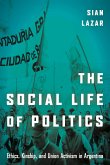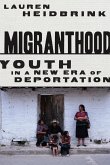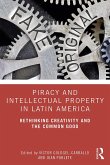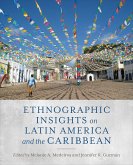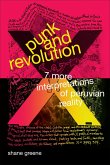"Today's intellectual property regime is dysfunctional. The extensive policing of copying does not reduce rates of "piracy," nor does it get producers of music, movies, or medicines paid more or more inclined to innovate. But what new modes of circulation and production have emerged from this rupture, and what is the lived experience of navigating this failed regulatory regime? Through a study of unauthorized creation, distribution, and consumption of movies and music in Brazil between 1998 and 2015, this manuscript offers a new definition and conception of piracy, showing how increasing global enforcement of IP has made piracy even more indispensable to participating in contemporary capitalism. Complex and capricious laws may prohibit it, but piracy has become a core, quotidian activity of the twenty-first-century. Combining the tools of linguistic and cultural anthropology as well as theoretical models from media studies and political economy, Digital Pirates examines the dynamics of IP and piracy, showing they serve as covalent strategies for managing the gaps between texts, in this case, digital content. Dent's analysis includes his fieldwork in and around Sao Paulo with pirates, musicians, filmmakers, police, salesmen, technicians, policy makers, politicians, activists, and consumers. Through its novel theorization of "digital textuality," this manuscript offers crucial, teachable insights into the formal qualities of today's mediascape as well as the particularized political and cultural norms that govern it and work together to simultaneously generate piracy, anti-piracy enforcement, and fraught consumer experiences-in Latin America and beyond"--


